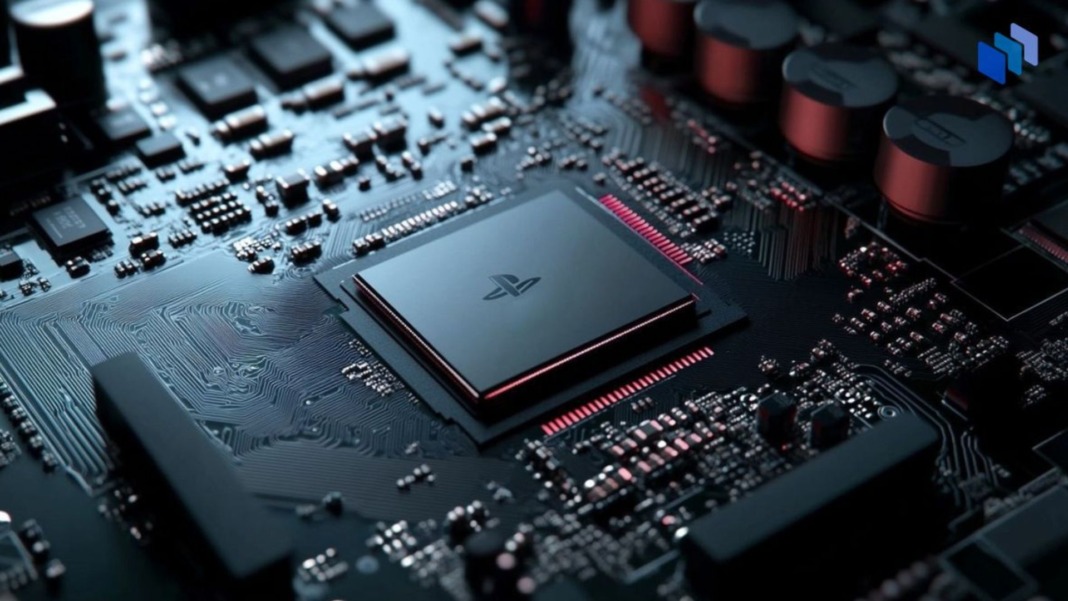Intel was reportedly close to securing the contract to design the chip for Sony’s upcoming PlayStation 6, according to a recent report. The battle for the contract came down to Intel and AMD, both giants in the chip-making industry. AMD, however, has held the coveted spot as the chip supplier for Sony’s consoles over the last two generations, including the PlayStation 4 and 5.
The report, which surfaced from Reuters, indicates that Intel lost out on the deal after months of negotiations. A major sticking point was reportedly the profit margins, with Intel and Sony disagreeing on how much Intel would earn from each chip. These discussions were held throughout 2022, with top executives and engineers from both Intel and AMD involved, including the CEOs of both companies.
Compatibility concerns for Sony
Aside from the profit dispute, backward compatibility was another key issue. Sony has used AMD hardware in the PlayStation 4 and PlayStation 5 and is expected to continue with AMD in the upcoming PlayStation 5 Pro. If Sony had opted for Intel to design the chip, compatibility between the consoles might have been compromised. Unlike a PC, where AMD and Intel components are generally interchangeable, consoles rely on specific hardware and software configurations. A shift from AMD to Intel could have created performance issues, especially when running games designed for older consoles.
There’s evidence that compatibility issues can arise when Intel hardware is involved. For instance, when Intel launched its Arc A750 and A770 graphics cards, there were challenges with software optimisation. Similar problems were observed with the MSI Claw handheld gaming PC, which uses Intel hardware but lags behind its AMD counterparts, such as the Asus ROG Ally X, in performance and battery life.
Financial pressures on Intel
The timing of Intel’s unsuccessful bid comes as the company faces significant financial difficulties. Intel recently reported historically low revenue figures, prompting investors to file lawsuits and forcing the company to lay off around 15% of its workforce. To add to its woes, Intel had to cancel its 20A node on its public roadmap, redirecting resources to its 18A node. However, Intel managed to secure contracts with Microsoft and the U.S. Department of Defense, offering relief to the struggling company.
According to the Reuters report, the PlayStation 6 contract could have generated around US$30 billion in revenue for Intel, a much-needed boost during this difficult financial period. Although AMD ultimately won the deal, Intel’s loss will be a tough pill to swallow.
Interestingly, other companies, including Broadcom, were also considered in the bidding process for the PlayStation 6 chip. However, Intel and AMD emerged as the two final contenders. In response to the Reuters report, an Intel spokesperson said, “We strongly disagree with this characterisation, but are not going to comment about any current or potential customer conversations.”
The next generation of gaming consoles promises to bring even more competition to the chip-making industry. With AMD holding onto the PlayStation contract again, Intel must focus on other opportunities to recover from its financial struggles. Whether this means stronger efforts in other sectors or doubling down on its relationships with companies like Microsoft, only time will tell how Intel will bounce back from this loss.





